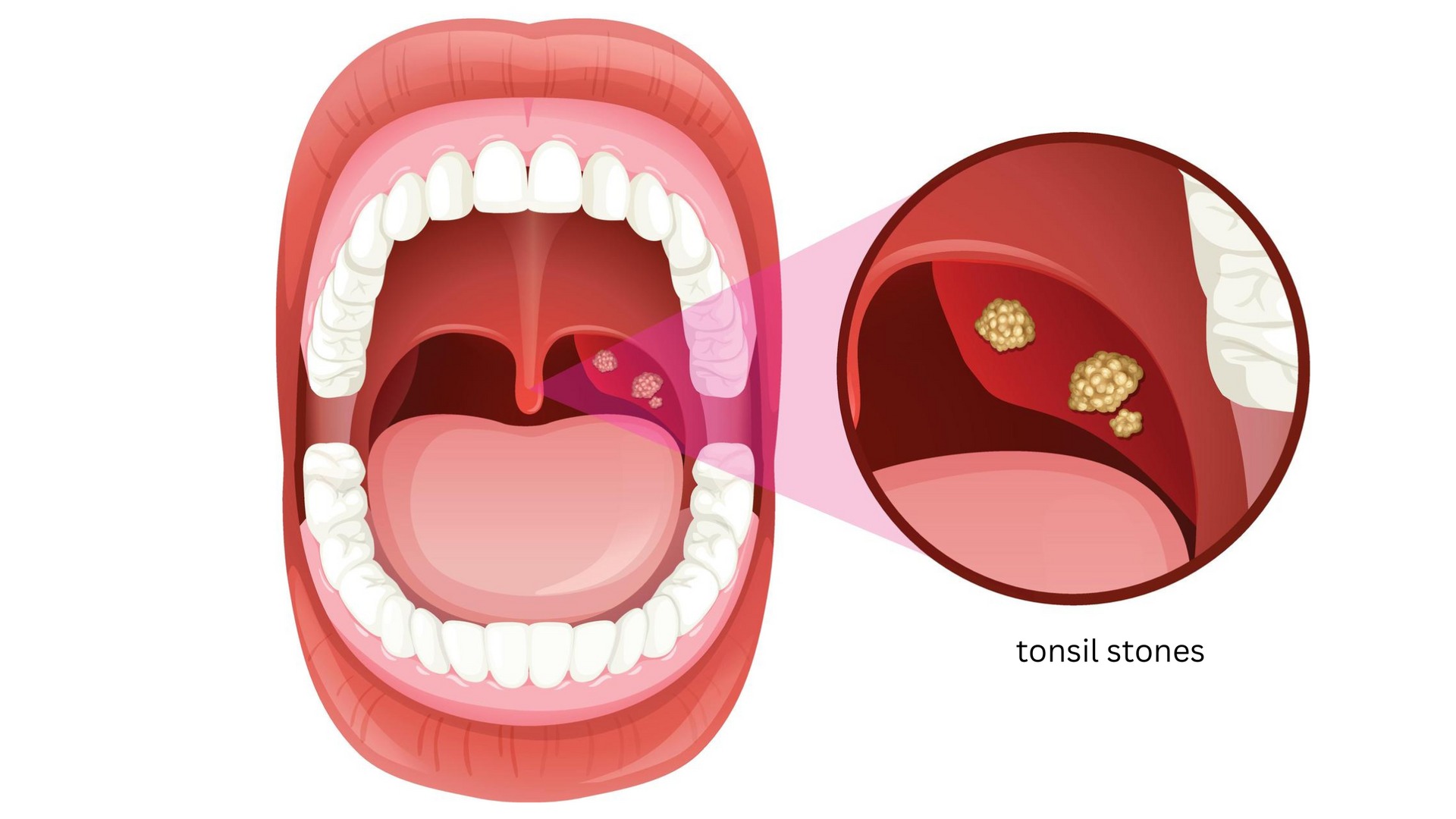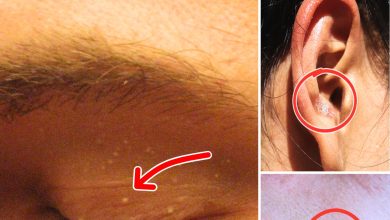Given the sheer vastness and astonishing global influence of the internet, it’s not hard to stumble upon content that leaves you amazed, shocked, or even a little grossed out.
The rise of social media platforms has made it easier than ever to share photos and videos across the globe. This has given birth to waves of trends where similar types of content dominate the internet for a while.

Unsurprisingly, content centered around the human body – and all its bizarre, fascinating quirks – has proven to be particularly captivating. Most of us are familiar with videos showcasing pimple popping (ugh!), cyst draining (double ugh!), and even earwax extractions.
But have you ever heard of tonsil stones? I’ll admit, I hadn’t until recently. When I came across a video on the topic, my curiosity got the better of me, and I knew I had to share what I learned with you.
I have always been intrigued by the mysteries of the human body. While I can’t say I particularly enjoy watching these types of videos, there’s something undeniably fascinating about them. So when I stumbled upon a clip of someone removing tonsil stones, I wasn’t quite sure what to expect.

First, let’s break down what tonsil stones actually are. If you’ve never encountered the term, you’re not alone – I was clueless until now. According to the Mayo Clinic, tonsil stones are small, hard formations that are white or yellow in color. They develop on the tonsils and, while they’re not harmful or painful, they can often be unpleasant.
These stones form when debris, such as food particles, minerals, or bacteria, becomes trapped in the tonsillar crypts. These crypts are small crevices in the tonsils, those infection-fighting tissues located at the back of your throat. Over time, this trapped material hardens, forming what we call tonsil stones.
Although tonsil stones are more common than many realize, they don’t always cause noticeable symptoms. When symptoms do appear, they might include bad breath, coughing, earaches, or a sore throat.
Reports suggest that around 3 million people in the U.S. deal with tonsil stones every year. The good news? Removing them is usually straightforward. Home remedies like gargling with salt water or gently dislodging the stones with a cotton swab are effective methods. In some cases, even a strong cough can help loosen and expel them naturally.
If you’re curious to see how tonsil stones are removed, the video below offers a graphic look at the process. But be warned – it’s not for the faint-hearted!
So, have you ever heard of tonsil stones before? Maybe you’ve even dealt with them yourself? Share your thoughts in the comments below – I’d love to hear your experiences!







